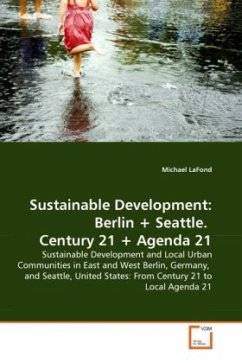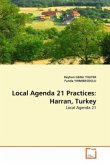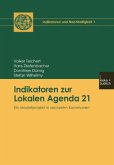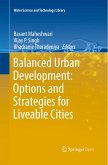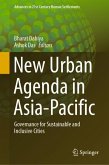Sustainable development initiatives are analyzed as local urban community responses to globalizing problems. The 1962 Seattle "Century 21 World's Fair" and the 1992 United Nations Rio "Agenda 21" are reviewed. "Local urban communities" are studied: a city block, a neighborhood, and a city district, in Berlin and in Seattle. What are these communities capable of achieving with "local resources"? To what extent are they dependent on external conditions and city, national, and international level programs? The roles of civil society and the historical evolution and accumulation of local resources is analyzed, to generate a theory of sustainable local development. Comparing the significance of ethical concerns and ecological limits, civil society actors, and external support. LA 21 initiatives are at odds with development policies emphasizing economic growth and world trade. Sustainable development projects focusing on 'local quality of life' can inadvertently provide support to globally unsustainable development strategies while local sustainability is imported from distant communities. U.S. and German efforts are key to the success of any eventual global sustainable development.
Bitte wählen Sie Ihr Anliegen aus.
Rechnungen
Retourenschein anfordern
Bestellstatus
Storno

